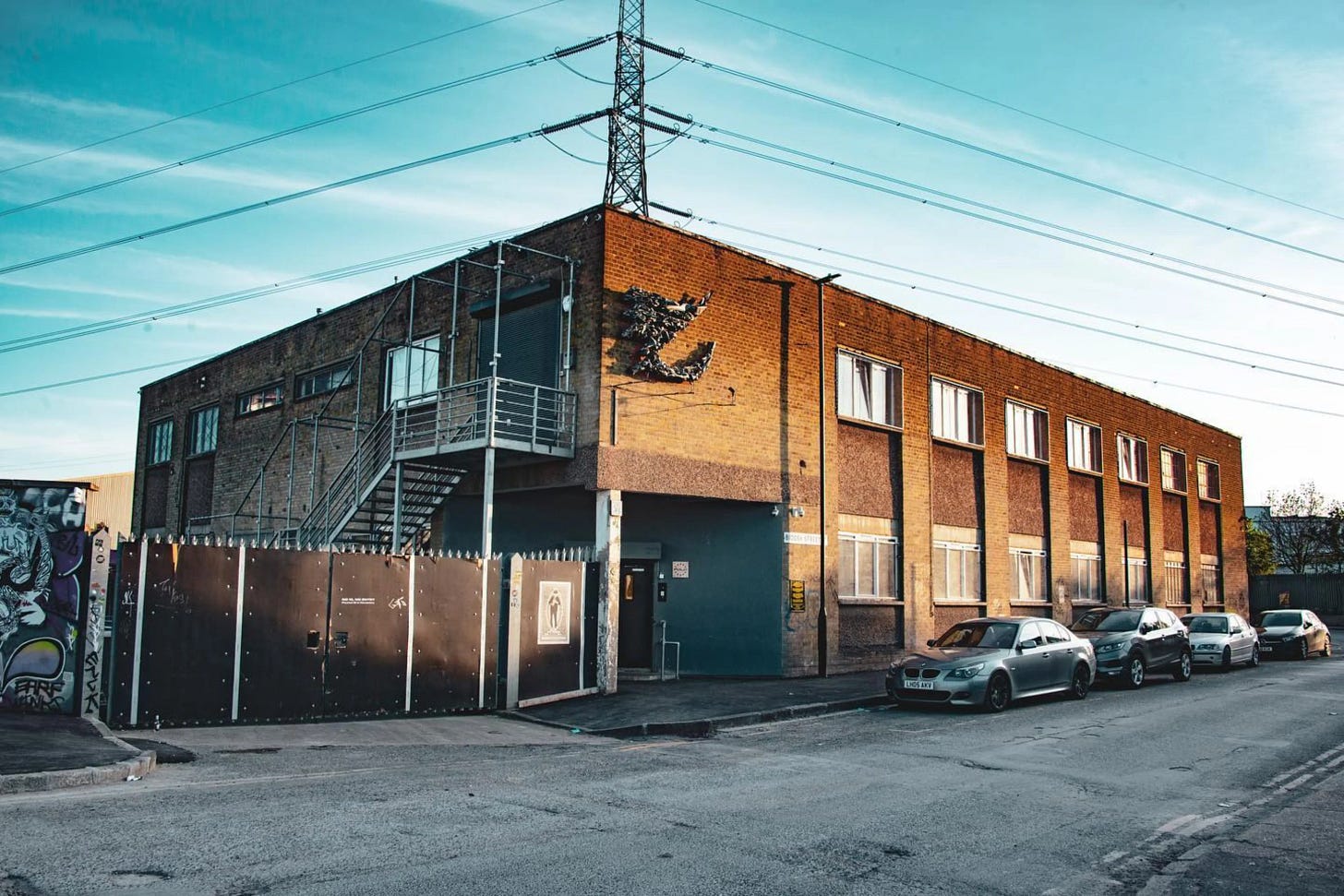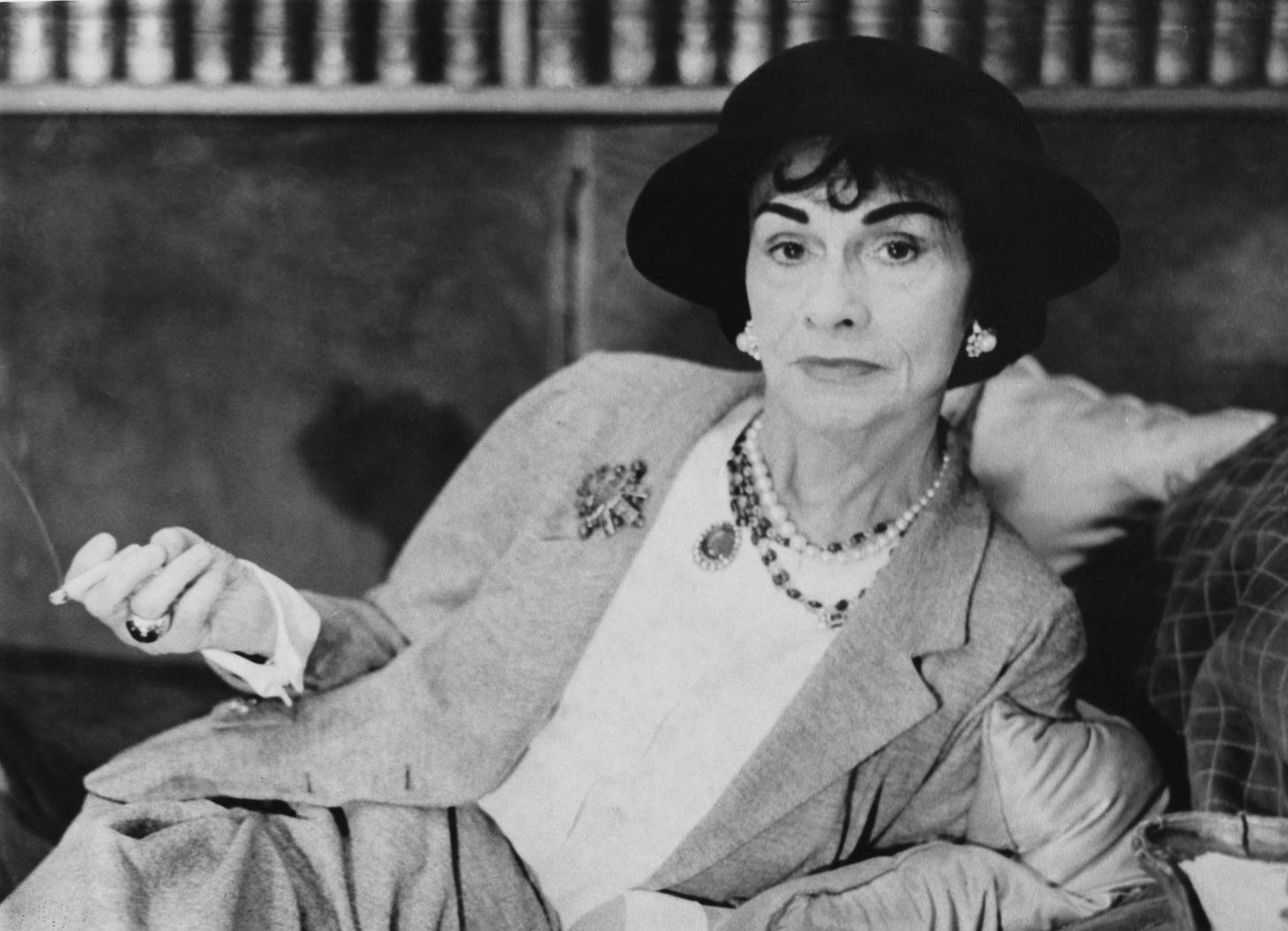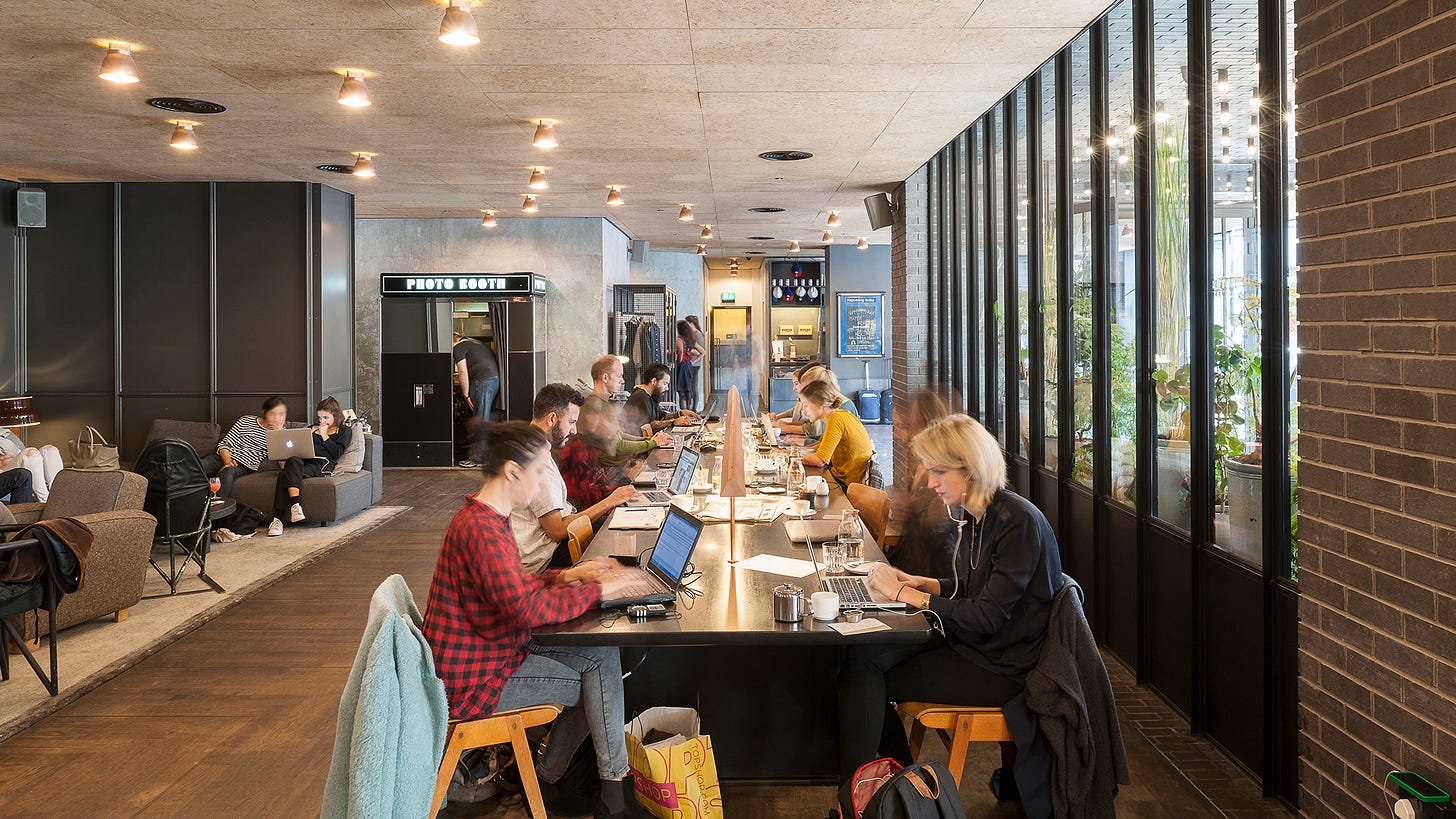It’s the end of February.
General winter has been waging war on our shared sense of optimism since it broke the summer alliance.
We were warned. The sweet meadow-y smell of peace wouldn’t last. And now our worst fears have returned. The wildflowers have retreated. Dark skies, suffocating and grey and filled with animus, loiter above us.
This is our reality now.
We have no choice but to faithfully wait for the sun, our leader, to emerge from hiding.
And on that day, a dazzling blaze of courage will jolt through our body, resolve will burst from our veins, and we’ll fight off the forces of winter for good.
Right?
Only the noble few could choose to escape exposure to the sun, free from the shackles of field labour.
If you’re rocking a (natural) tan on British shores in time for Shrove Tuesday, then you’ve somehow gained invite-only access to the sun’s winter tour of the global south.
A summons to join the entourage of our solar system’s only star, with the ray-kissed skin to prove it.
Bodies boosted with bountiful levels of vitamin D and serotonin, radiating with health and joy almost as much as my eyes glow with envy and disdain.
But such a status symbol is relatively new.
For centuries, fair skin was a marker of wealth in the west. Only the noble few could choose to escape exposure to the sun, free from the shackles of field labour.
However, roughly a century ago, a wave of automation (less time in the field), innovation (faster travel), labour movements (hello weekends) and prosperity increased the middle class’ lust for leisure.
American servicemen returned from the First World War with stories of the endless blue Mediterranean Sea, resting under clear, calm skies; of picturesque coastal towns, packed with art, music, passion and palm trees.
Celebrities were suddenly spotted on the Côte d'Azur. Coco Chanel’s tan, earned during the summer of 1923, was so influential it catalysed a shift from bleached to bronzed.
A generation later, one-piece bathing suits were being replaced by bikinis. By the 1980s, tanning salons were commonplace. Status had a new colour.
Retreat to the 16th and 17th centuries, and Rubenesque figures were all the rage. Plump men and women and cherubic-looking children were reflections of a society that honoured abundance.
To be large was to be healthy, fertile and prosperous. To be slender displayed no alternative. Status once had a very different shape.
The queue to enter Maison Estelle on a Friday evening is dense with indignation.
Well-heeled men and women await their turn, silently murmuring ‘don’t you know who I am?’ while their eyes plead not to be asked.
A receptionist asks for your phone, peels a black sticker from their pack and places it over your camera. Indignation level midnight. Sometimes status leaves no imprint at all.
Today, almost everything is captured online – from bathroom selfies to skincare routines; police brutality and record breakings; productivity hacks, indulgent snacks and clap back comebacks.
Of course, where there is plenty, there is rarely status.
As a result, status is gently migrating offline again.
Berghain, Fabric and FOLD prohibit phones on the dance floor. Ravers are being reminded to be in the moment, not slavish to its mirror image.
Digital detox cabins, silent retreats and tech-free travel tours are increasing in popularity. Peripatetic experiences with disconnection built into the value proposition.

I was five years old the first time I was drunk.
Memories, particularly from your early childhood, tend to betray. A few grains of sand, a souvenir of who you once were, remain in your hands, leaving you with little to start with and a chasm to fabricate.
Let’s assume the booze didn’t help either.
My fabrication starts with a chic (it was the 1980s so I’m allowed to say ‘chic’) French restaurant (it was in France so mais oui, mon ami), edging towards the southern coast.
Not the Riviera, no. But Lyon perhaps? Clemont-Ferrand?
My mother and her boyfriend briefly left my sister and I at the table, having ordered two Kir Royales. They wandered through the white tablecloths and sandy linens of the summer folk that lined the establishment.
I think it was still light at dinner. Presumably it was summertime?
Their brief sojourn provided me with ample opportunity. I swiftly downed both scarlet-coloured drinks with an assurance and tempo that would later become a trademark.
They returned to find me sliding under the table, exhausted by my efforts, offering nothing more than ‘I don’t think I want the fish soup anymore’.
Was it a seafood restaurant?
The absence of fish soup that fateful day would not deter me.
I’ve drunk wine freely. I’ve imbibed spirits happily. I’ve gleefully guzzled the odd cider. But I’ve rarely, truly enjoyed a beer.
Despite this, I could be seen swigging lagers, IPAs and stouts regularly in my early (professional) drinking years. Not out of desire, but default.
These were the days when seismic corporate decisions were made in the pub. When you would launch, lead and exit a business over a pint.
You were there to work. Because work, at a senior level, was about the network.
But the rise of personal devices and more integrated working environment toppled the model. Communication moved online and meetings moved to more inclusive, less indulgent settings.
In my youth, pubs were the definitive example of a third place, providing a space to gather away from home and work. Their decline has been mirrored by the rise of a new haven: Coffee shops.
Today, social media managers, graphic designers and the entrepreneurial class rhythmically punch keys on their MacBooks amid a festoon of flat whites and a chilly atmosphere of independence. Nobody. Says. A. Word.
The network economy has been replaced by a knowledge economy.
Status was who you knew; now it’s what you know.
These are not manias.
They are not trends oscillating back and forth. They are incontrovertible, momentous shifts in behaviour predicated on sliding social, economic and technological plates.
Status was being born into money; now it’s earning it.
Status was being on TV; now it’s hosting your own podcast.
Status was ‘getting on with it’; now it’s ‘neurospicy’.
Status was owning a thing; now it’s going to a thing.
Where next?
Younger generations are prioritising their mental and physical health, armed with education and choice, and conscious of the long lives ahead of them.
Botox, fillers and GLP drugs offer non-invasive measures to maintain a youthful complexion and minimise waistlines, leaving muscle tone as the last blatant bastion of physical endeavour.
Digital facsimiles of meaningful relationships, built on social media and dating apps, are prompting many of us to long for ‘real’ connections. People used to meet their partners through school, work and the church; now 60% of relationships start online.
Separation from the workplace and the decline of major institutions are compounding the issue, prompting a loneliness pandemic. Personal networks were once the norm; now they are a rare advantage.
Sustainability and social justice. Hustle culture and the soft life. Crypto and the creator economy. Not all will take hold, but where societal consensus matches scarcity, status will follow.
James Sandrini is a Strategist, Advisor + Investor in the experience economy and the services + technologies supporting it.




Beautiful piece man.